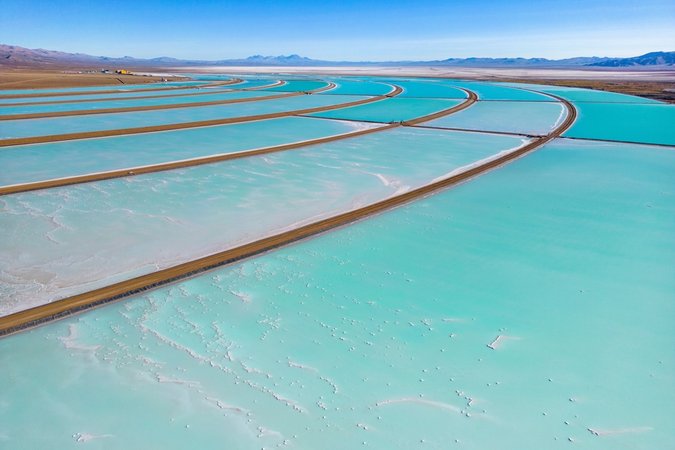New Post: The Trump Administration and the Methane Rule
WASHINGTON—On Monday, the US Court of Appeals for the District of Columbia vacated the Trump administration’s recent decision to delay the Environmental Protection Agency’s rule limiting methane emissions from the oil and gas industry, the largest source of methane emissions in the United States. The rule, which was finalized in June 2016 under the Obama administration, would reduce methane emissions—a potent contributor to climate change—from new oil and gas sources as well as emissions of volatile organic compounds (VOCs), which are a precursor to ozone.
In a new blog post—EPA’s Methane Rule: Should It Stay or Should It Go?—Resources for the Future (RFF) Senior Fellow Alan Krupnick and Research Assistant Justine Huetteman analyze the key question: “Assuming this rule goes into effect, is this a good or bad thing for the nation?”
The authors take a succinct and highly focused look at the costs likely faced by business to implement the rule, at the benefits that the rule would provide to the general population, and at industry’s concerns with the rule. They conclude:
“It is perhaps not surprising that there will be much contention around any relatively new emerging regulatory issue (such as this one) where information and technology are rapidly evolving and that involves both conflict between federal and state governments as well as climate change. Given the vast scientific consensus on the importance of methane in global warming, and EPA’s mandate to regulate it, regulation of new sources in the oil and gas sector is clearly needed and will very likely result in net benefits. Whether EPA could modify the regulations to improve their cost-effectiveness while providing greater flexibility to industry, all without compromising the reductions in methane emissions, is an open question for the administration to consider if it chooses to begin another regulatory process.”
Read the entire blog post: EPA’s Methane Rule: Should It Stay or Should It Go?
Resources for the Future (RFF) is an independent, nonprofit research institution in Washington, DC. Its mission is to improve environmental, energy, and natural resource decisions through impartial economic research and policy engagement. RFF is committed to being the most widely trusted source of research insights and policy solutions leading to a healthy environment and a thriving economy.
Unless otherwise stated, the views expressed here are those of the individual authors and may differ from those of other RFF experts, its officers, or its directors. RFF does not take positions on specific legislative proposals.
For more information, please see our media resources page or contact Media Relations and Communications Manager Annie Tastet.



